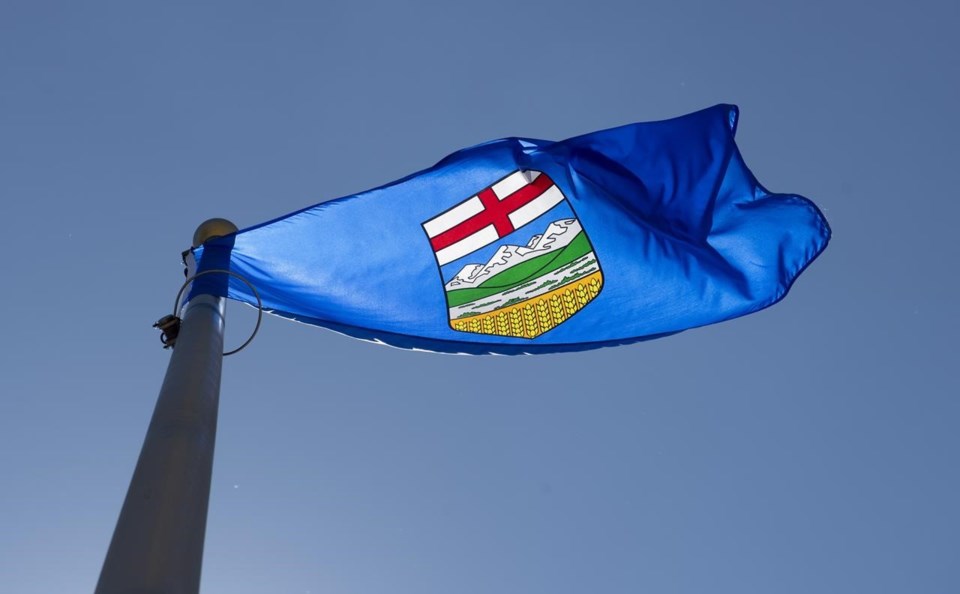EDMONTON — Alberta wants to pull the plug on its electricity Balancing Pool, a one-time money-gushing feature of its power system that would end its life as a political quagmire and cash sinkhole.
Dale Nally, associate minister of electricity, introduced a bill Wednesday that aims to officially wind down the pool by 2030.
“Bill 22 marks our commitment to begin to dissolve the Balancing Pool now that its role in managing fixed-price deals with electricity producers has ended and the extent of the previous government’s $1.34-billion boondoggle has been confirmed,” Nally said before tabling the bill for first reading.
“The Balancing Pool’s remaining duties will be reassigned, and the agency will be realigned to reflect its removal from the electricity market.”
Nally said Bill 22 also sets the stage for changes in the system, including allowing developers to generate electricity for their own use and also export electricity to the grid.
There would also be rules to allow consumers and industry to retain surplus electricity for later use.
“This bill is about modernizing our province’s electricity system,” said Nally.
The Balancing Pool is an arms-length government agency that last handled contracts in 2020.
The pool was a key feature of Alberta’s hydra-headed privatized electricity system dating back to 2000. In order to foster competition and lower prices, power providers and city-owned utilities bid on and bought power through the Balancing Pool then sold it back to the grid to turn a profit.
The pool was profitable for 15 years, generating for Albertans an estimated $4.6 billion until then-premier Rachel Notley’s NDP won government in 2015 and raised the carbon levy on coal-fired power plants.
Major power providers said the carbon-tax hikes made the power deals unprofitable and, using a clause in the deals, returned the contracts to the Balancing Pool in what became an ugly public spat with the governing NDP.
In the end, the pool borrowed $1.3 billion from taxpayers to backstop the money-losing contracts — a loan that ratepayers will continue paying off, until at least 2027, through an extra fee on their power bills.
The Balancing Pool controversy has resurfaced in recent days as the NDP, now in opposition, jousts with Premier Jason Kenney’s governing United Conservatives over what is to be done about soaring power bills.
Kenney’s government is pushing through a bill that would see consumers get a $150 rebate on their electricity bills this summer. The bill would also lay the legislative groundwork for future possible natural gas rebates.
The NDP says the help is too little, should have been started sooner, and is moving too slowly, adding that Kenney’s government has not done enough to keep bills down in the first place.
A University of Calgary study released last week said while demand and natural gas prices are contributing to the power price hikes, the biggest cost driver is fee markups by the providers.
In response, Nally released last week a year-old, third-party report confirming that the return of contracts to the Balancing Pool under the NDP cost the public $1.34 billion from 2015 to 2019.
NDP energy critic Kathleen Ganley said Bill 22 resembles one that was introduced by the government last fall but was then allowed to die on the order paper.
Ganley called it an unnecessary delay, a mistake she said is compounded by the government's failure in recent weeks to get rebates out the door.
"The UCP keeps failing Albertans," said Ganley.
"The UCP can't be trusted to manage our electricity grid or to protect our pocketbooks."
This report by The Canadian Press was first published April 27, 2022.
Dean Bennett, The Canadian Press



